If bees only live for six weeks or so, why doesn’t brood rearing take place all year rather than on a seasonal basis?
As brood-rearing takes rather large quantities of honey out of the colony stores, brood is normally only reared when the worker bees will be needed to gather the crop. When the honeyflow diminishes, the brood-rearing slows down until it stops entirely along in late October and early November. This gives a fairly good supply of young bees which will be able to live through the winter as they will have done little or no work. The queen will rest in the winter cluster until the latter part of January or early part of February when she will resume laying to supply the colony with a work force to gather the next season’s honey crop.
In some tropical areas where there is a fairly constant supply of flowers in bloom, brood-rearing might continue throughout the long honeyflow. Even in such areas, there is usually some time when the queen stops laying for a few weeks of rest.
The difference in the life span of summer and winter bees is related to the amount of work done. The winter bees do very little work so they are capable of overwintering to see the colony survive into the next season. Summer bees live only six weeks or so because they literally work themselves to death. The fragile wings become too tattered to support them in flight with their loads of nectar and/or pollen and the workers die in the field.
In some tropical areas where there is a fairly constant supply of flowers in bloom, brood-rearing might continue throughout the long honeyflow. Even in such areas, there is usually some time when the queen stops laying for a few weeks of rest.
The difference in the life span of summer and winter bees is related to the amount of work done. The winter bees do very little work so they are capable of overwintering to see the colony survive into the next season. Summer bees live only six weeks or so because they literally work themselves to death. The fragile wings become too tattered to support them in flight with their loads of nectar and/or pollen and the workers die in the field.


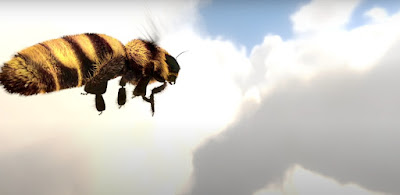
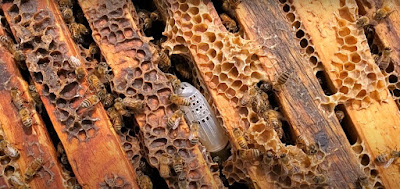
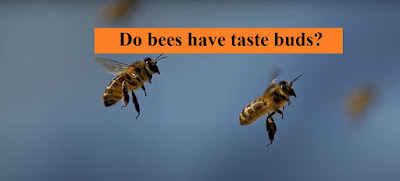
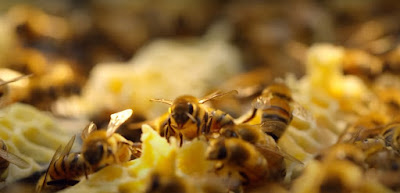

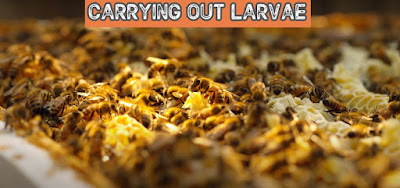



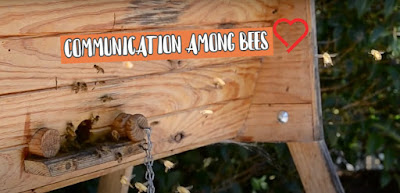
Comments
Post a Comment